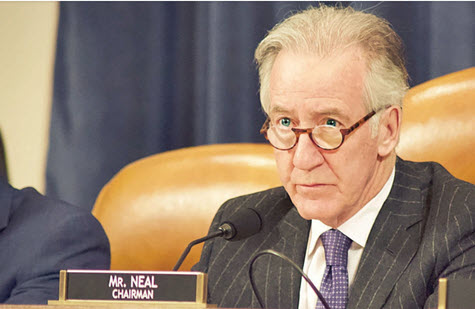
House committees this week advanced legislative language that will transform President Joe Biden’s $1.9 trillion pandemic relief package proposal into a consolidated bill and provide details on aid for states and local communities; assistance for renters and homeowners; and support for small businesses.

In the Senate, the pandemic relief package is expected to go straight to the Senate floor, circumventing the committee “mark-up” process, due to the ongoing impeachment trial of former President Donald Trump, which may conclude this weekend. (Bloomberg, Feb. 11)
# # #

The Real Estate Roundtable’s Equity, Diversity and Inclusion (ED&I) Committee finalized its mission statement on Wednesday, with a key objective to create more economic opportunities for Black, Latino and other historically under-represented groups to prosper in the commercial real estate industry.
“The events of the last year have laid bare the injustices faced by Black Americans and other minorities in our economic, public health, and social institutions,” said Jeffrey D. DeBoer, President and CEO of The Real Estate Roundtable. “The Roundtable must do our part to help create an equal playing field of opportunities for all Americans to prosper in our industry.” (ED&I Mission Statement, Feb. 10)
# # #

The critical need for investing in modern and sustainable infrastructure was the focus of a Feb. 11 White House meeting between President Joe Biden, Vice President Kamala Harris, Transportation Secretary Pete Buttigieg, and a bipartisan group of senators from the Environment and Public Works (EPW) Committee.
The Biden Administration is expected to reveal its infrastructure package soon as part of its “Build Back Better” agenda to spur economic recovery from the repercussions of the pandemic.
# # #